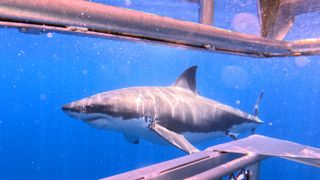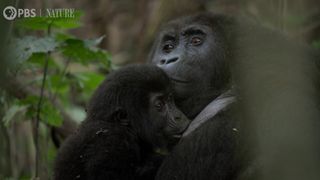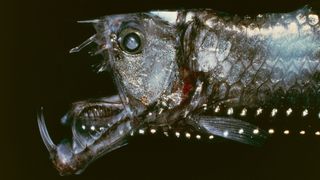Animals
Explore Animals
Editor's Picks
Latest about Animals
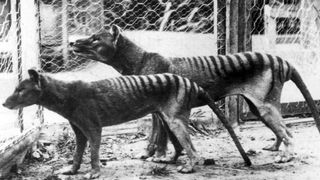
Tasmanian tiger: Facts about the extinct thylacine
By Tia Ghose published
Discover interesting facts about where the Tasmanian tiger lived, what it ate, why and when it went extinct, and whether we could ever bring one back.
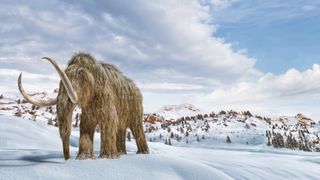
Woolly mammoths: Facts about these extinct, shaggy beasts that once roamed the Arctic
By Tia Ghose last updated
The woolly mammoth, a cousin of today's elephants, died out about 10,000 years ago. It may be possible to bring them back by cloning, but should we?
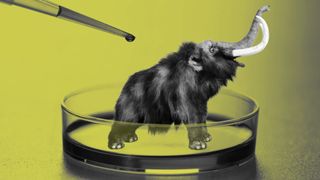
'Closer than people think': Woolly mammoth 'de-extinction' is nearing reality — and we have no idea what happens next
By Sascha Pare published
Scientists are getting very close to bringing a few iconic species, like woolly mammoths and dodos, back from extinction. That may not be a good thing.
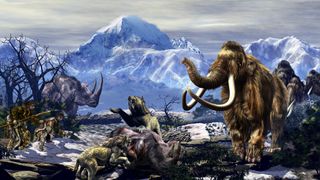
6 extinct species that scientists could bring back to life
By Sascha Pare published
De-extinction — the science of resurrecting extinct species — is progressing in leaps and bounds. Here are six creatures that researchers could bring back to life.
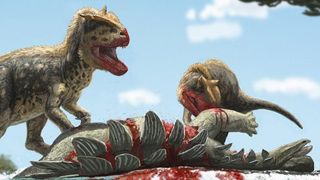
T. rex relative with giant, protruding eyebrows discovered in Kyrgyzstan
By Patrick Pester published
The newly discovered Alpkarakush kyrgyzicus fossils are the first of their kind from Kyrgyzstan and provide evidence of predatory dinosaurs caring for offspring in the Jurassic.
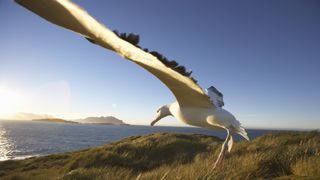
Mice on remote island that eat albatrosses alive sentenced to death by 'bombing,' scientists decree
By Patrick Pester published
The wandering albatrosses of Marion Island can't defend themselves against an invasive mice population that devours birds alive, but conservationists say a rodenticide 'bomb' could save them.
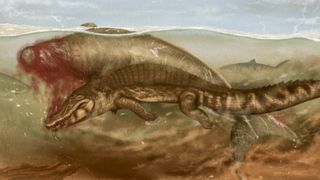
Ancient sea cow was killed by prehistoric croc then torn apart by a tiger shark
By Melissa Hobson published
Rare fossilized sea cow unearthed by a local farmer in Venezuela appears to have been killed by a croc then eaten by a tiger shark.
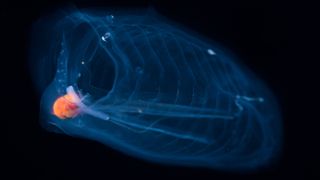
Salps: The world's fastest-growing animals that look like buckets of snot
By María de los Ángeles Orfila published
In just 48 hours, salps can reach maturity, making them the fastest-growing multicellular animals on Earth, with a significant impact on ocean health.
Sign up for the Live Science daily newsletter now
Get the world’s most fascinating discoveries delivered straight to your inbox.
